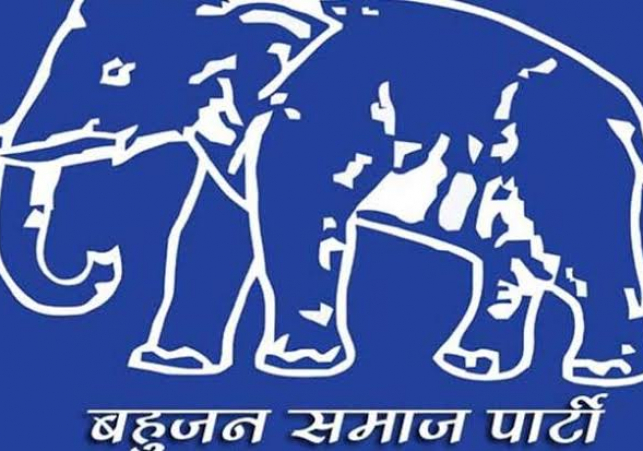

The BSP announced 51 candidates for the second round of the UP elections on Saturday, 23 of whom are Muslims.
With this, the party has fielded 39 Muslim candidates out of a total of 109 candidates for the first two rounds. Political watchers believe the BSP is attempting to make the sector aggressive in an area where the minority group has a strong influence. There are also 13 OBCs (mostly Jats), 10 dalits, and 5 from upper castes on the list.
"Considering the new internal squabbles over ticket distribution in the SP-RLD coalition and the fact that this isn't a wave election in favour of the BJP in the finest way it was in 2017," a political observer says, "BSP has recognised a possibility in the west."
"BSP has insured that its social engineering formula will result in a closely contested triangular war in the region," a political observer said.
"BSP has ensured that its social engineering formula will result in a hotly contested triangular fight in the region," a political observer said. "It will not be an easy ride for BJP in light of anti-incumbency and the farmers' issue, and thus, with the right kind of candidates and BSP's own core vote base intact, the party was far from being written off," a party supply added.
Also read how Aditi singh challenges priyanka gandhi to contest from Raebareli
In the first phase, the Bahujan Samaj Party fielded 16 Muslims, whereas in the second phase, there are 23 Muslims among the declared seats. In 2017, the party ran 18 Muslims in the first round and 25 in the second round for the same seats. As a result, the number is approximately equal," said one of the partygoers.
Dharamveer Chaudhary, a party spokeswoman, claims that three communities dominate west Uttar Pradesh, which was significantly impacted by the first two phases of the election: 22 percent Dalits, 20 percent Jats, and roughly 19 percent Muslims.
In 2017 and 2019, a religious narrative influenced Jats and Dalits, but they have finally seen through the BJP government's empty assurances.
Farmers' protest over agricultural laws, the BJP government's inability to double farmers' income as promised, and ill-treatment of Dalits, such as the Hathras incident in which a Dalit girl was raped, are all occurrences that are still fresh in people's minds. "There is no BJP wave," Chaudhary stated.
The other reason is that if the BSP and the Samajwadi Party both field Muslim candidates, the BJP is likely to benefit from a vote split.
This will be determined by the number of seats in which both parties run a candidate from a minority group. The BSP's candidate selection criteria were to field a candidate who would add to the Dalit vote base already in place. The party finished second in 30 seats in the first round, and second in around 12 seats in the second round. According to this theory, the BSP has the ability to win 39 percent of the seats in the first two phases if the BJP's support divide," said a senior party member.